Barbora Valiukevičiūtė: Cultural Ambassador, Violinist, and Music Educator
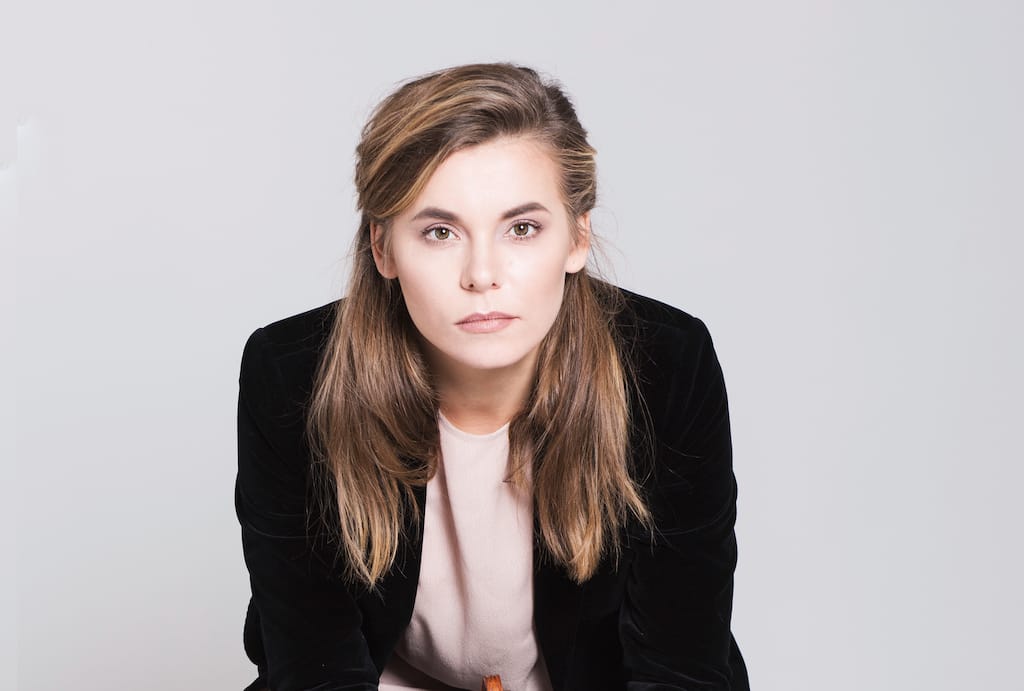
Barbora Valiukevičiūtė is a Lithuanian violinist praised internationally for her energetic and charismatic stage appearance, captivating interpretations, and magical sonorous tone. She is recognised for her dynamic presence in the classical music world and is considered one of the most compelling classical violinists on the international concert circuit today. She performs concerts around the globe, receiving recognition for her musical talent and performance skills.
Barbora is also an educator and producer. She founded several summer chamber music festivals in Lithuania and organises various cultural events. In addition, she is the co-creator of the online Music Academy for Young Professionals (MAFYP). She is known for her innovative approach to music education, as she provides a platform for young professionals to learn from experienced musicians.
In 2021, she was appointed cultural ambassador for the Kaunas European Capital of Culture 2022.
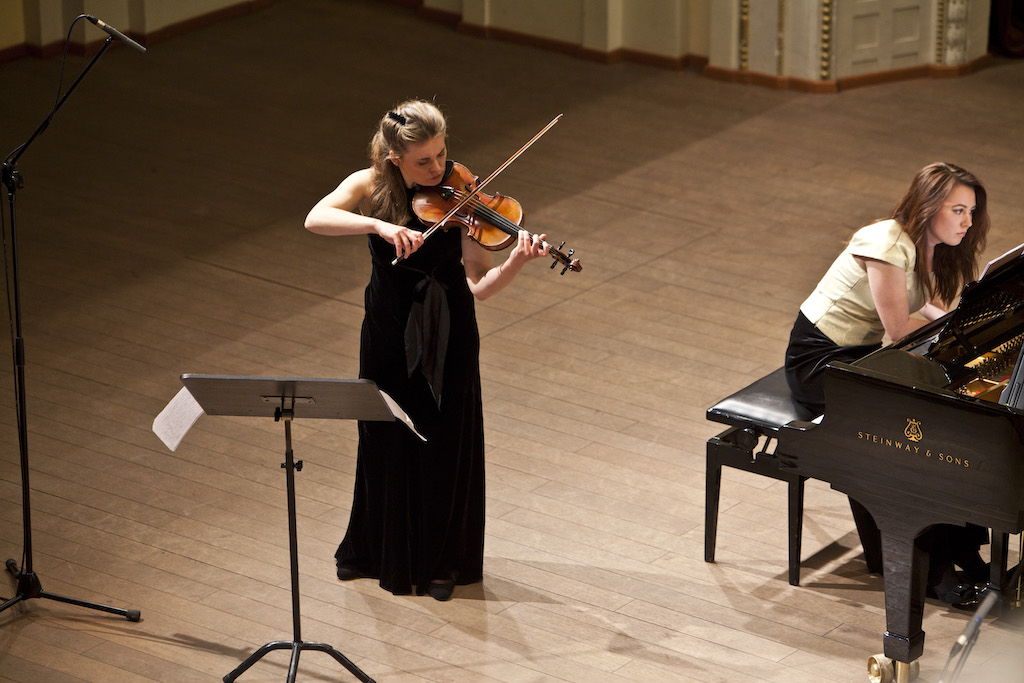
Serenade Team: You have studied the violin at institutions such as the Manhattan School of Music, Stony Brook University and DePaul University. What were some of the memorable moments that shaped your music career today?
Barbora Valiukevičiūtė: There are many different ingredients to becoming a successful musician. One essential element is the instructors. I had the privilege to have studied with Grigory Kalinovsky and Ilya Kaler. Both, extraordinarily dedicated and diligent teachers, taught me the technical and musical knowledge of instrument playing, guided me to a broader cultural environment, and shaped my human values. Despite an intense international concert career, both artists always attended and were on time for a lesson. I often think back to my student years and draw inspiration (especially when I started teaching) from my teachers: their immense knowledge, effort, discipline and devotion to students.
The most inspirational moment during my studies was playing in an orchestra conducted by Kurt Masur. At the Manhattan School of Music, they used to have conducting masterclasses. Maestro Masur already had difficulty walking, and his health was declining. But the moment he was on stage leading Beethoven’s Symphony no. 7, he was transcendent into a powerful bird expanding his wings and rising together with music: he radiated energy and power beyond the physical world.
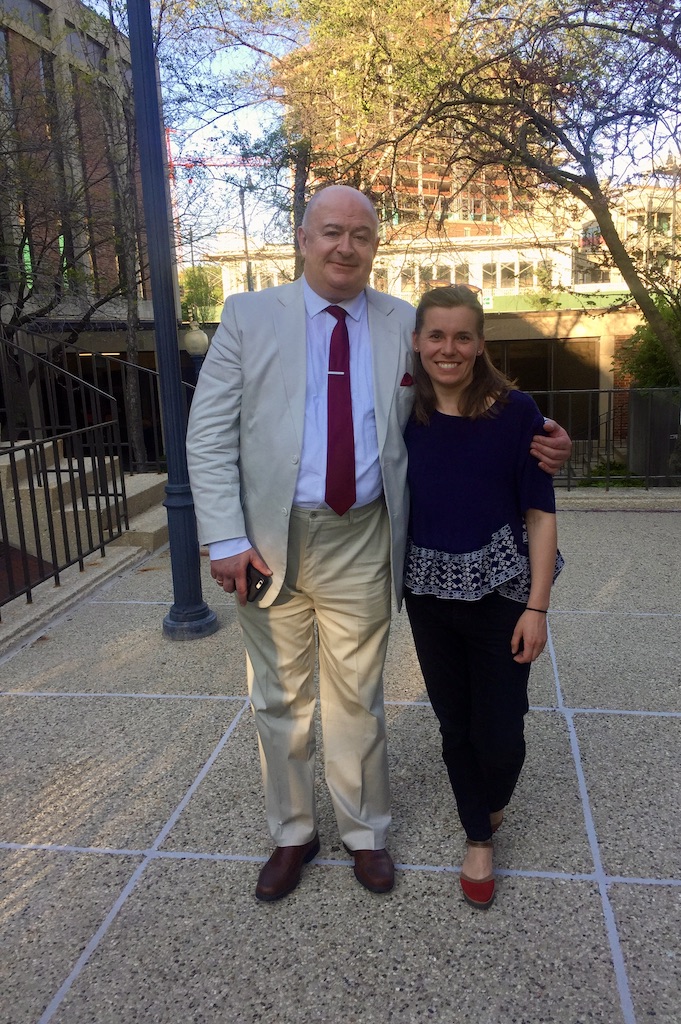
ST: What should students consider before pursuing higher education?
BV: As I mentioned, having a good instrument instructor is essential. Look for a knowledgeable, respectful teacher who loves his/her job. Consider the school’s reputation: you will meet your future colleagues there and create professional connections. In addition, the best schools attract the most talented musicians to learn from during their studies.
ST: And what advice would you give to parents considering getting violin lessons for their children?
BV: First, consider that your child will not only learn to play an instrument. Think about the other benefits: better hand coordination, improved memory and concentration, social aspect (chamber music and orchestra), etc. Look for a knowledgeable, humble teacher who has patience in working with children. Don’t tolerate rude attitudes from teachers towards your child. Parents’ support and help are essential in education: if you are not a musician, stay in the lessons to understand music and instrument. Set the same rules for music as general education: specific time, no phone, etc. Take your child to live performances.
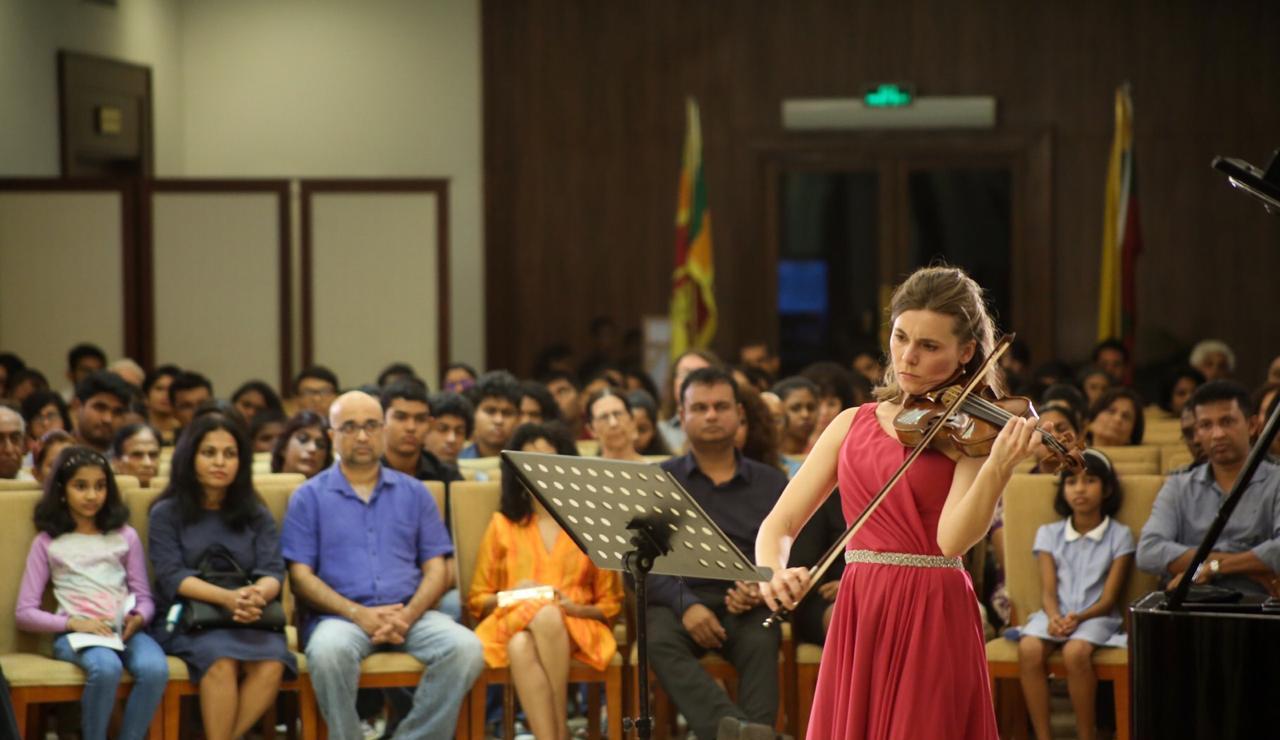
ST: How has the pandemic impacted the teaching of music?
BV: It opened more possibilities for professional online music education. While it was challenging for students (especially younger ones) and teachers to adapt to it, the benefits exist. Ideally, I see a mix of both education options.
ST: Why did you start your online Music Academy for Young Professionals (MAFYP)?
BV: Co-founder Jaram Kim and I decided to create this music education platform to offer a round education for young music professionals. Our academy gives lessons, masterclasses, and various lectures and workshops on music or playing related subjects. There are many programs where one can have instrumental lessons, but a lack of a program that would cover a broader scale of music training.
ST: How has the response been for this initiative?
BV: The students and faculty enjoy the initiative, which is a great success! We are expanding the academy, and this year for the first time, we will have a mixed version: physical and online summer academy.
ST: Please take us through your creative process as a violinist before starting to learn a new piece of music.
BV: My first step is to study the score and know as much as possible about the composer and composition. I mark the fingerings and bowings at the first reading of the music piece and then change them if needed during the learning process according to the phrasing, character or colour I want. I can’t emphasise enough the importance of practising slowly but with extreme concentration: not only that you engrave the music into your fingers and brain, but as well process things with utmost carefulness and attention. Once the pieces sink into my hands, I start building up the tempo and playing through. I like to learn music and take a break from it. Once you return to it after a while, you have a different perspective and new insights.
ST: What fascinates you about South Asia?
BV: People! Their hospitality and warmness. Their musicality. Their way of finding happiness despite the struggles.
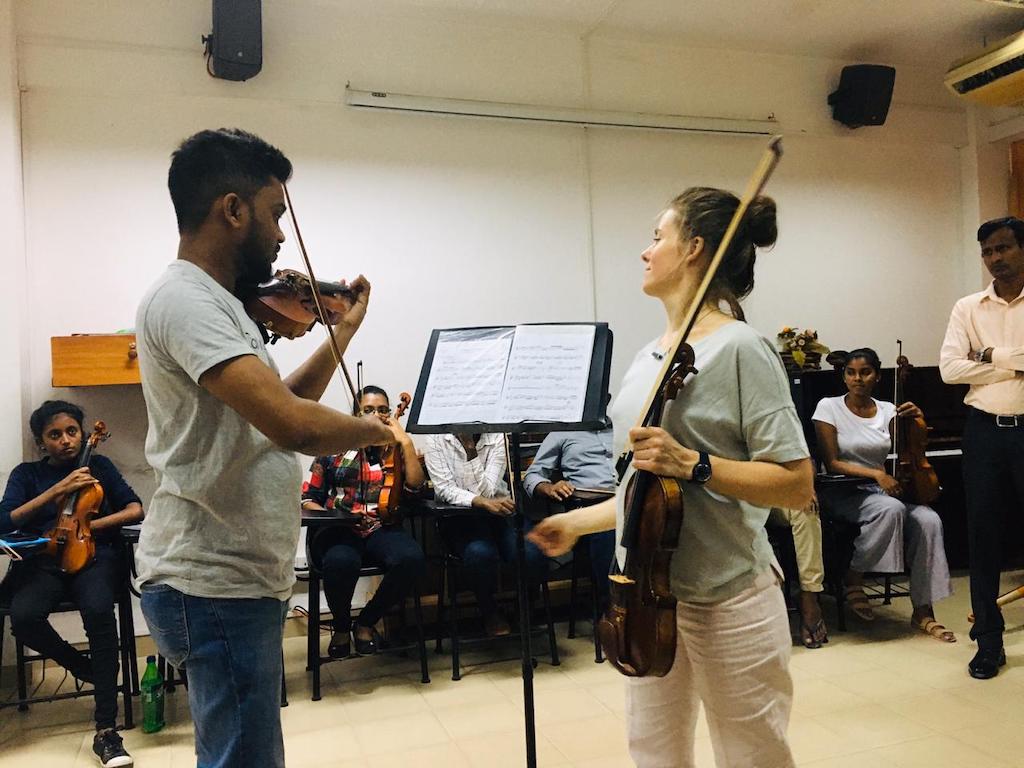
ST: Tell us more about your ongoing work in Sri Lanka.
BV: This is my second time in Sri Lanka. I am coming here under the invitation of the Gustav Mahler Society of Colombo to teach masterclasses, conduct and play with them. It has been challenging for them to organise everything, considering what the country recently went through. However, this shows dedication and an immense desire to learn and improve. And I am very fascinated to encounter these young talented musicians who are so passionate about classical music. Our hope for the future is to have a chamber music festival and masterclasses for locals and the international crowd.
ST: Who are your favourite composers? What do you enjoy listening to?
BV: That is always a complicated question: I like so many composers, and they are so different from each other. Usually, I prefer the performing artist to the composer for classical music.
I like to discover new music and different genres. Therefore, I admire Van music magazine and Smithsonian recordings playlists.
My inspiration and thought for music come from many different art forms. Not a while ago, I saw giant artworks by Lithuanian artist Algimantas Rokas Černiauskas (#blackoutpaintings): I felt my soul was sucked into those paintings, and for a moment, I disappeared: I was the brush strokes, the colours, the texture. I stood before the picture with Beethoven’s Third Symphony sounding in my head and meditating about the form of music, sound colours and similarities between brush and bow stroke.
My advice for young musicians: be worldly. Listen to different music, visit museums and art exhibitions, and read. Surround yourself with other forms of art that bring inspiration and different colours to your music.





